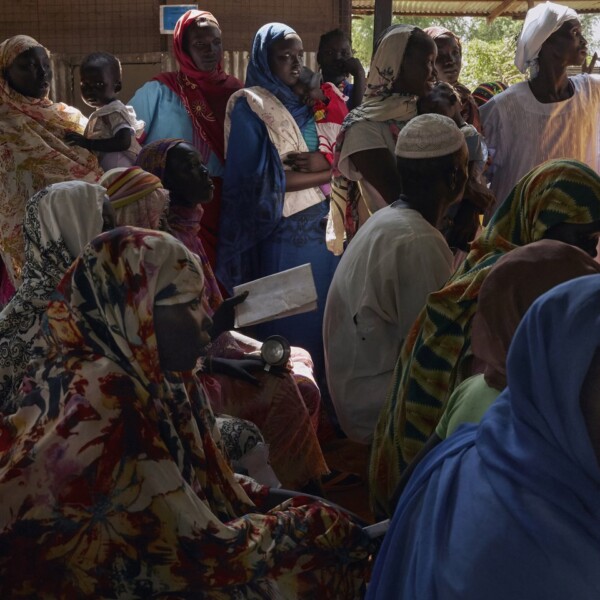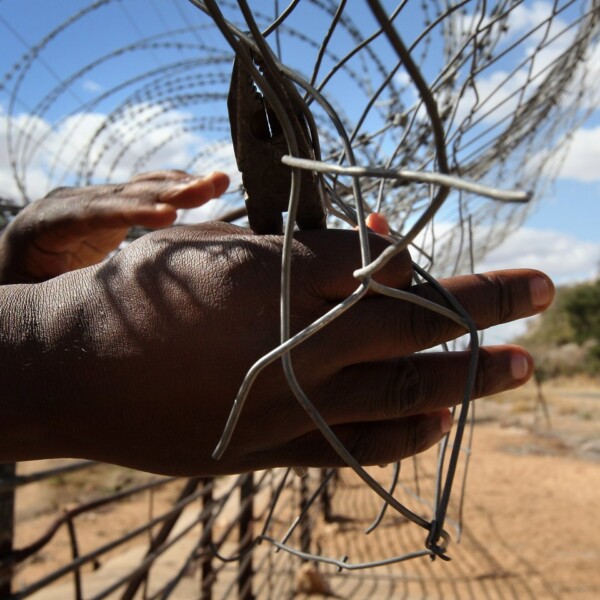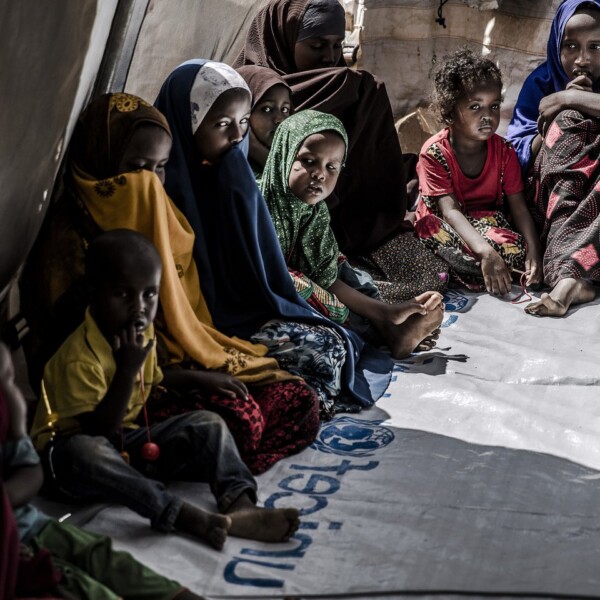Energy access and climate change have long been important themes in the African Union – European Union strategic partnership. These themes have again been emphasised as a central pillar of cooperation between the two regions in recent meetings between the African Union Commission and the European Commission, as well as the European Commission’s communication ‘Towards a Comprehensive Strategy with Africa’. As Africa and Europe work towards an updated partnership strategy, the context of the COVID pandemic cannot be ignored – the pandemic represents an immense shock to social and economic systems and, beyond the immediate and evident social and economic costs, this is certain to have far-reaching systemic impacts that will shape processes related to economic development and the green transition.
There is also a broader context that preceded the emergence of the COVID pandemic, yet remains central to the debate around AU-EU partnership on the green transition and energy access: the implementation of the Paris Agreement and achieving the Agenda 2030 Sustainable Development Goals; Africa’s growing economic dynamism, paired with ongoing developmental challenges, including low levels of energy access; lowering costs and rapid uptake of renewable energy technologies, while at the same time fossil fuel resources continue to be exploited and remain a key part of many countries’ energy plans; questions around managing a ‘just transition’, particularly as it relates to reskilling and employment; and the implications of stranded assets for countries with fossil fuel reserves.




